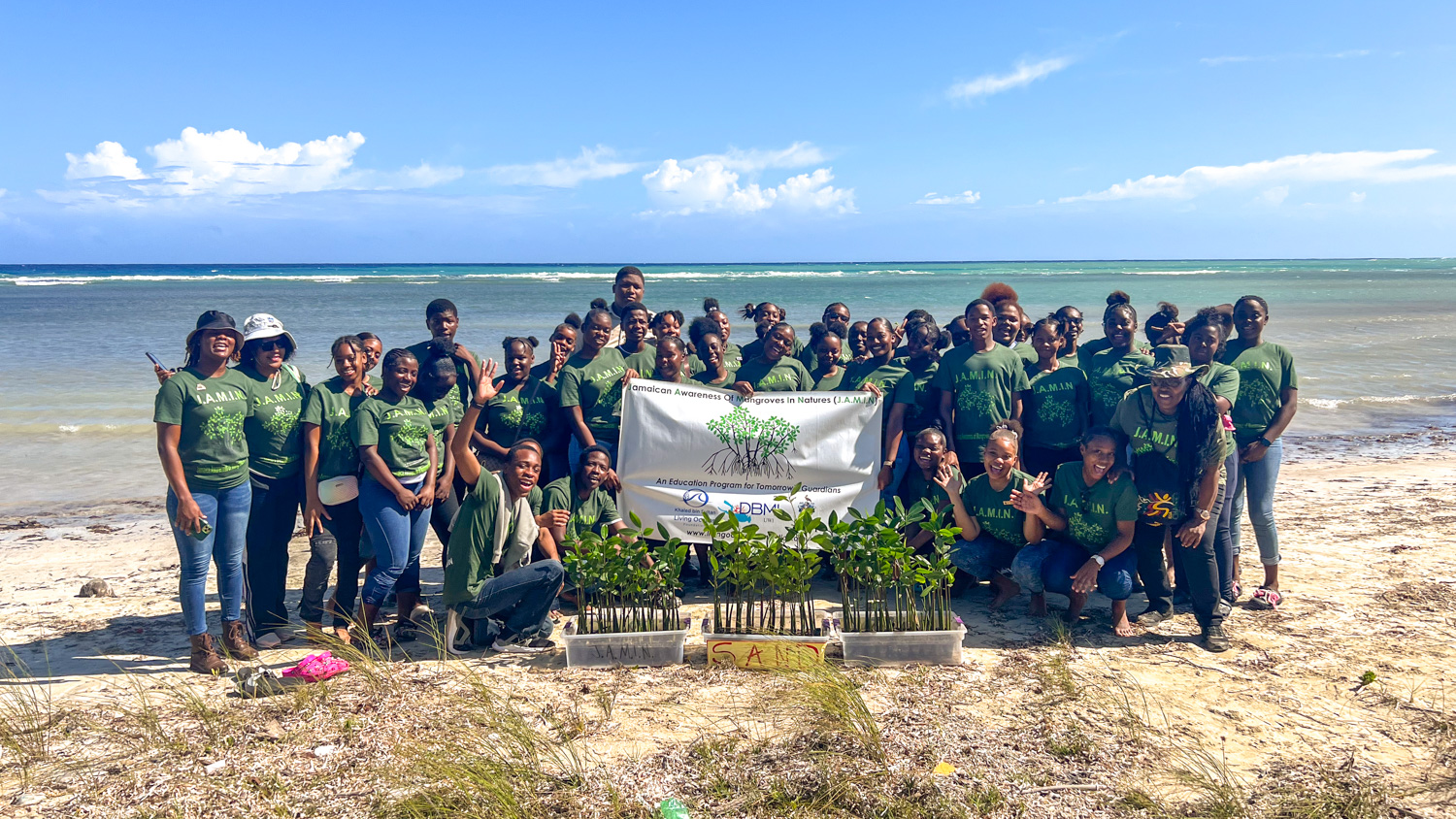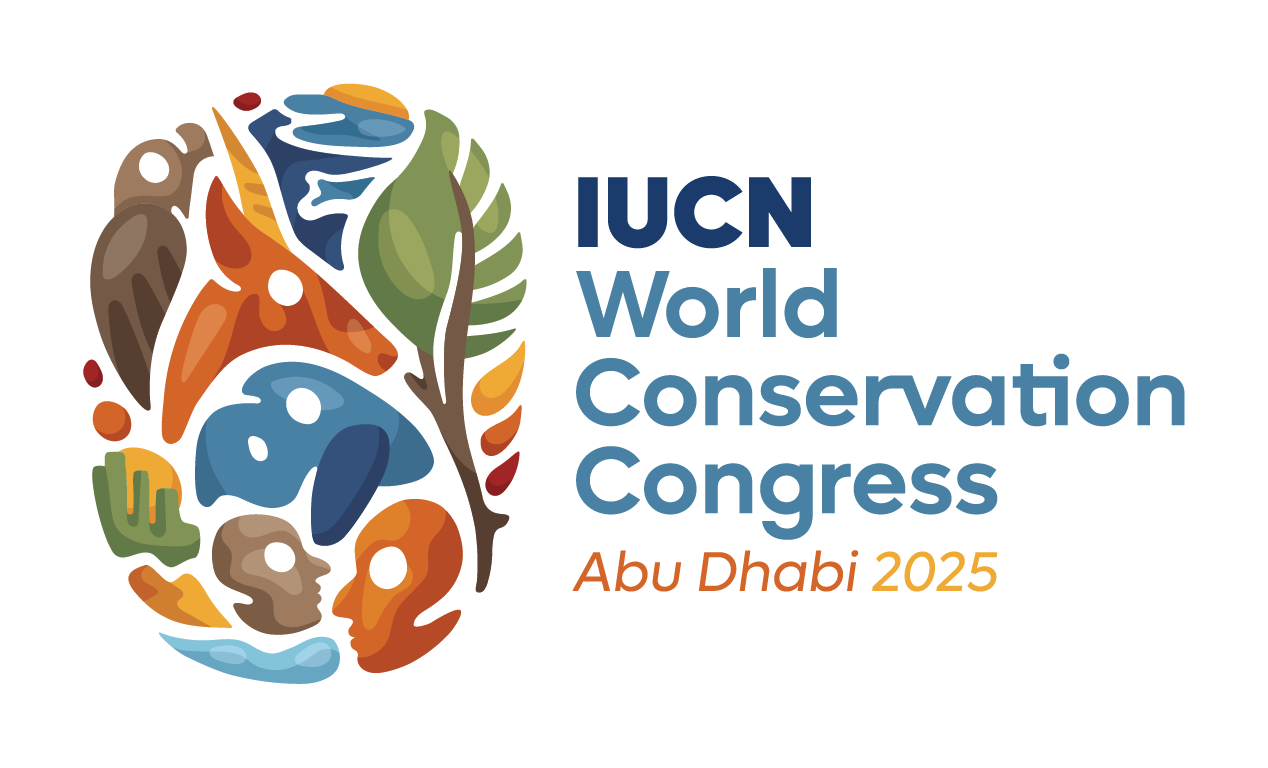2025 marks the 10th anniversary of the Jamaican Awareness of Mangroves in Nature (J.A.M.I.N.) program, a transformative environmental education program that teaches students about the mangrove ecosystem and how to restore it. A collaboration between the Khaled bin Sultan Living Oceans Foundation and the University of the West Indies Discovery Bay Marine Laboratory (DBML), the program has empowered over 1,000 students to take conservation into their own hands, raised awareness of mangrove conservation in Falmouth and nationally, and planting nearly 2,500 mangrove trees, actively restoring this critical ecosystem.
Mangrove forests are vital to coastal resilience, acting as natural storm barriers, stabilizing shorelines, improving water quality, and providing essential habitat for marine life. However, according to NEPA, Jamaica has lost 2,000 hectares of mangroves in 15 years since 2010 due to deforestation, development, and other human activities—leaving coastal communities more vulnerable to storm surges, erosion, and food insecurity. The J.A.M.I.N. program teaches students about the importance of these ecosystems through hands-on, project-based learning and active restoration efforts.
Amy Heemsoth, Chief Operating Officer and Director of Education at the Khaled bin Sultan Living Oceans Foundation, has been leading the program since its inception. Reflecting on its success, she said, “For the past 10 years, J.A.M.I.N. has not only educated students about mangrove forests but has also empowered them to become active participants in their restoration. Seeing students return to plant the mangrove propagules they’ve nurtured all year is an incredibly rewarding experience. They leave with a deep appreciation for their environment and the knowledge that they can make a real difference.”



